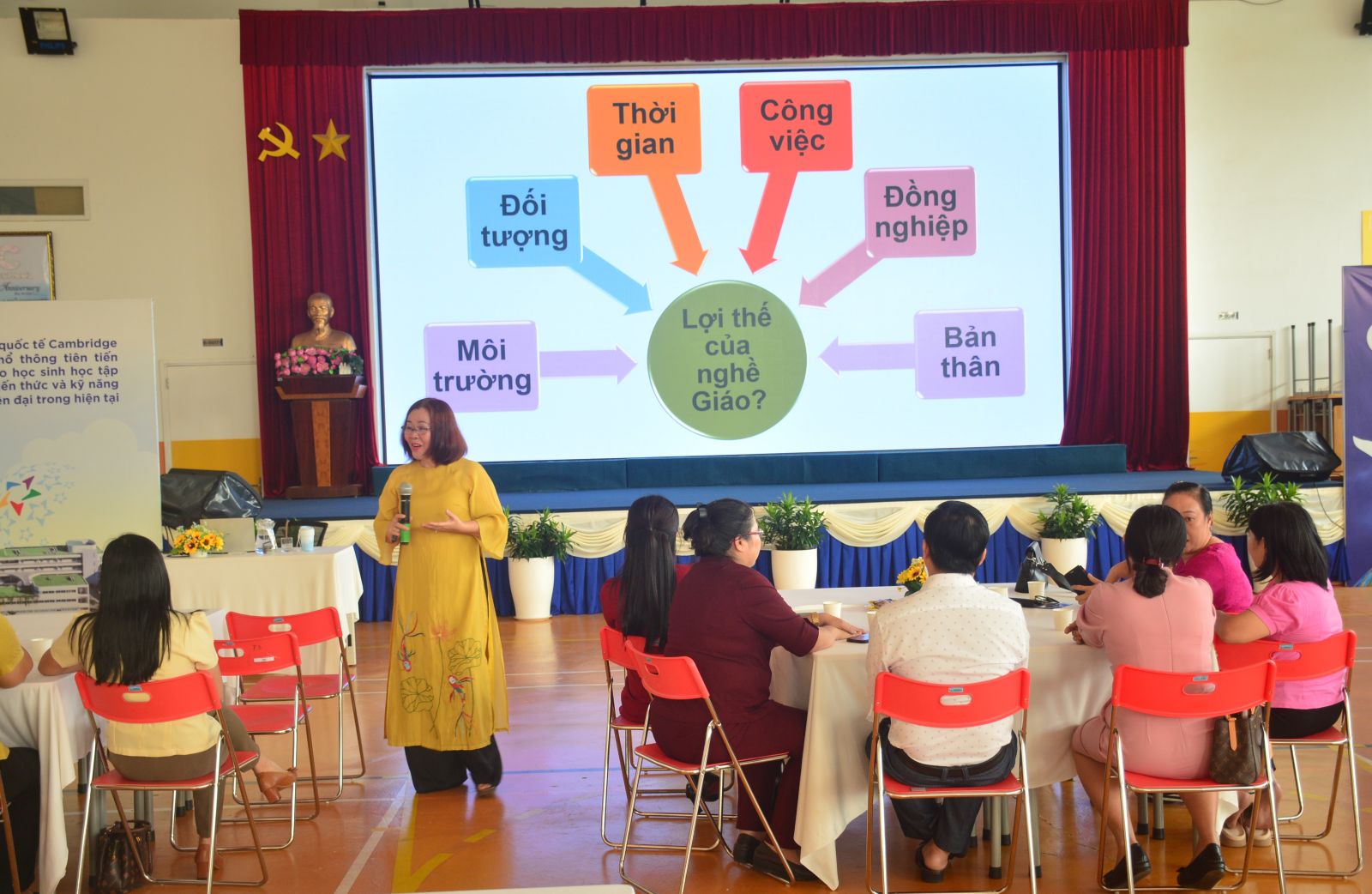
Participants include leaders of kindergartens, primary schools, and secondary schools in Tay Ninh City.
At the seminar, Master Nguyen Thi Bich Hong, school psychology consultant of IGC Education Group, shared with school leaders about building a positive educational environment and happy schools.
Based on the criteria of a happy school, Master Nguyen Thi Bich Hong analyzes common pedagogical situations in schools so that teachers and administrators can gain more knowledge and experience in building a healthy, positive educational environment where students are truly happy in the spirit of making every day at school a joy.
Master Nguyen Thi Bich Hong cited many examples and pedagogical situations to prove that, in an educational environment, teachers need to pay attention to even the smallest things, such as communication, behavior, and gestures of teachers that can affect students. Master Nguyen Thi Bich Hong noted that in front of students, even if they are close friends, teachers should not address each other too casually, communication language must be standard and polite.
Master Nguyen Thi Bich Hong believes that everyone has strengths and weaknesses, and so do students. Even when students make mistakes, teachers need to recognize that “even if they make mistakes, the important thing is that they dare to do it”. Therefore, teachers should not only “focus” on students’ weaknesses, but on the contrary, they need to encourage them.
The United Nations Educational, Scientific and Cultural Organization (UNESCO) has set out criteria for building happy schools, including three groups of criteria, a total of twenty-two criteria. Criterion group number 1 (human criteria) is placed at the top. This group of criteria includes 6 sub-criteria, which stipulates that “the school respects diversity and differences, the learning content is useful, appropriate, attractive, the teaching and learning methods are interesting, the teachers are positive…”.
“A warm and welcoming learning environment is an important factor in increasing happiness in schools. The physical environment around schools and classrooms, as well as their layout and decoration, allows for a variety of intellectual, practical and creative learning activities to take place.
They strongly influence the atmosphere in which teachers and students meet and work together, thus affecting their overall health. The physical space that surrounds the social and pedagogical space creates safety and security.
Students are free from bullying and intimidation, and staff and students are encouraged to use teaching and learning methods that are oriented towards happiness and well-being, and to accept diversity and inclusion” – UNESCO recommends.
Viet Dong
Source: https://baotayninh.vn/xay-dung-moi-truong-giao-duc-tich-cuc-a188429.html


![[Photo] Opening of the 11th Conference of the 13th Party Central Committee](https://vstatic.vietnam.vn/vietnam/resource/IMAGE/2025/4/10/f9e717b67de343d7b687cb419c0829a2)


![[Photo] April Festival in Can Tho City](https://vstatic.vietnam.vn/vietnam/resource/IMAGE/2025/4/10/bf5ae82870e648fabfbcc93a25b481ea)

![[Photo] Unique folk games at Chuong Village Festival](https://vstatic.vietnam.vn/vietnam/resource/IMAGE/2025/4/10/cff805a06fdd443b9474c017f98075a4)
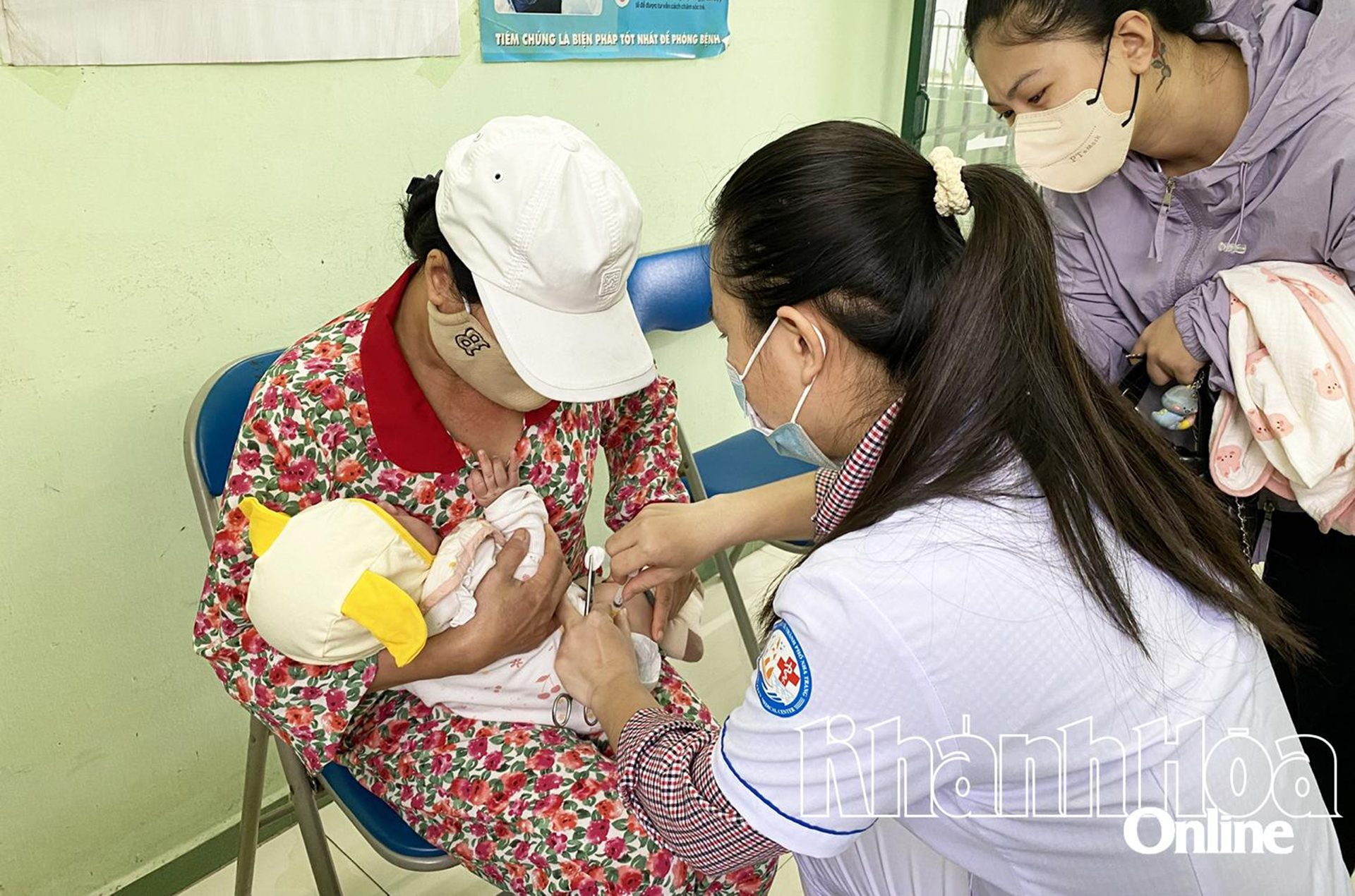
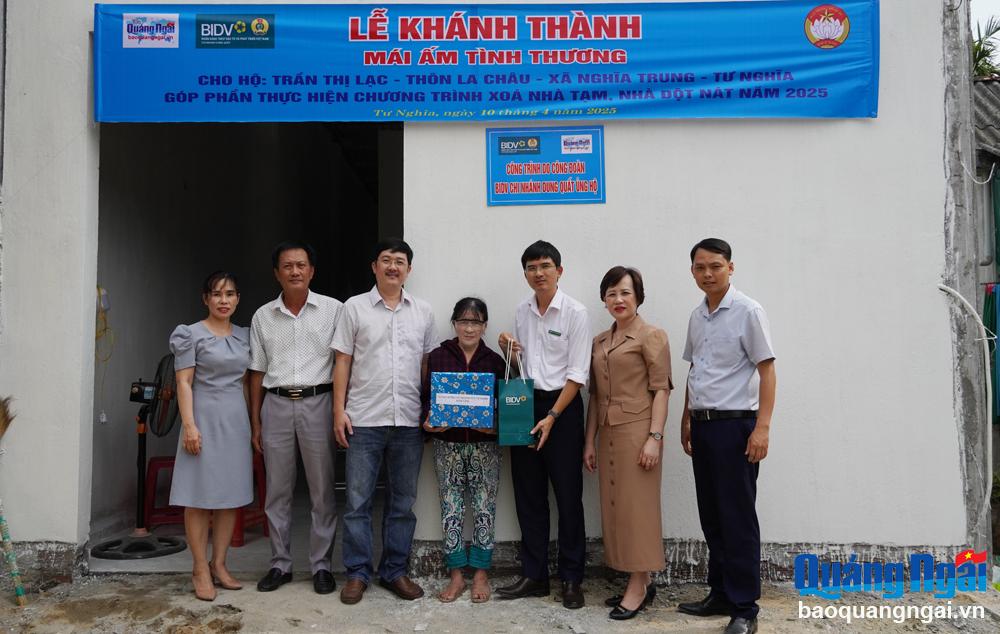
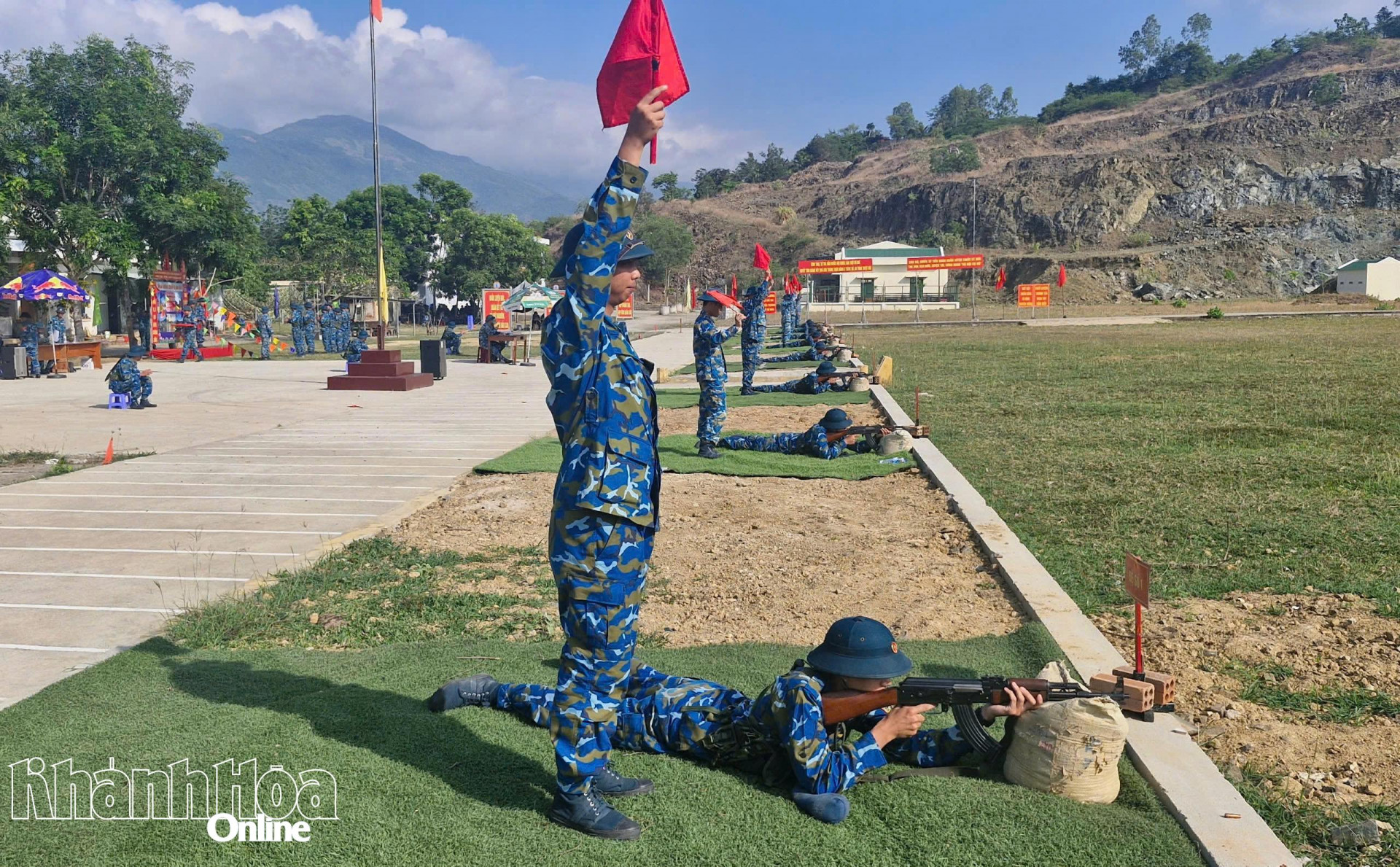

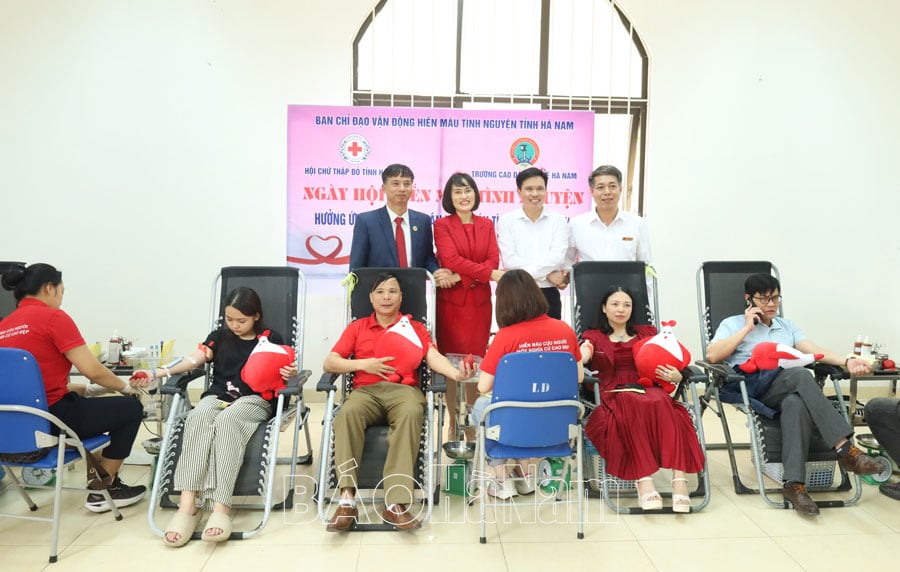
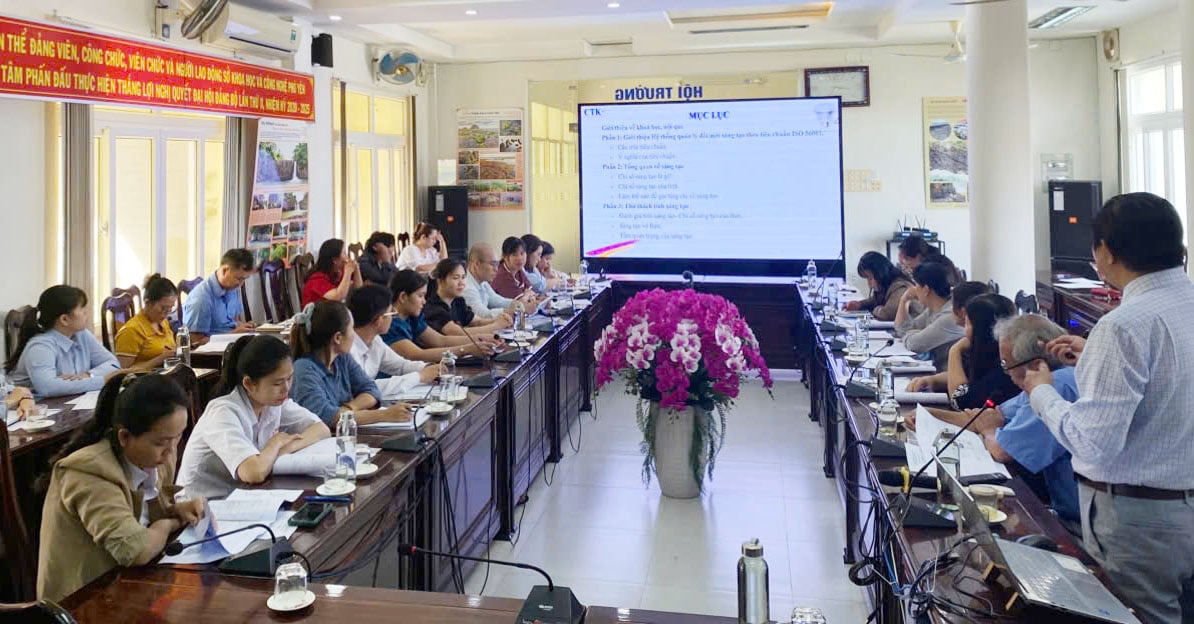





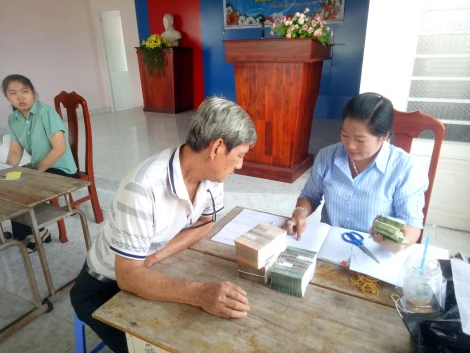
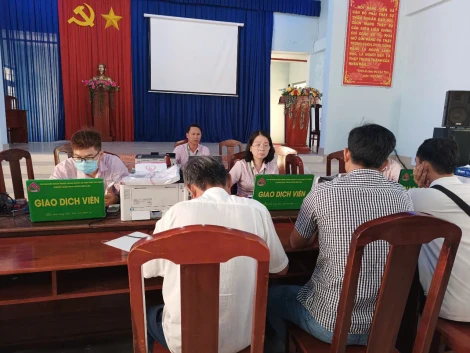

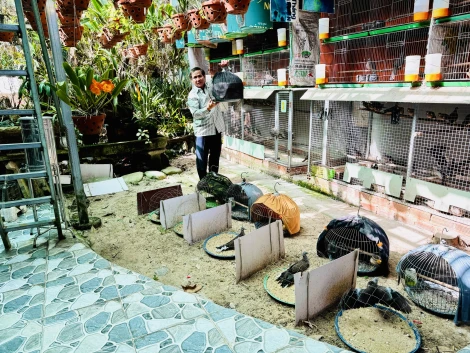












































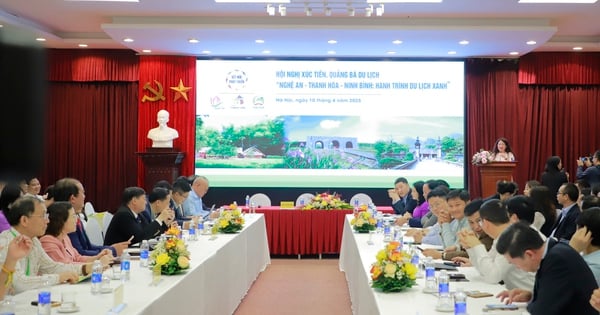




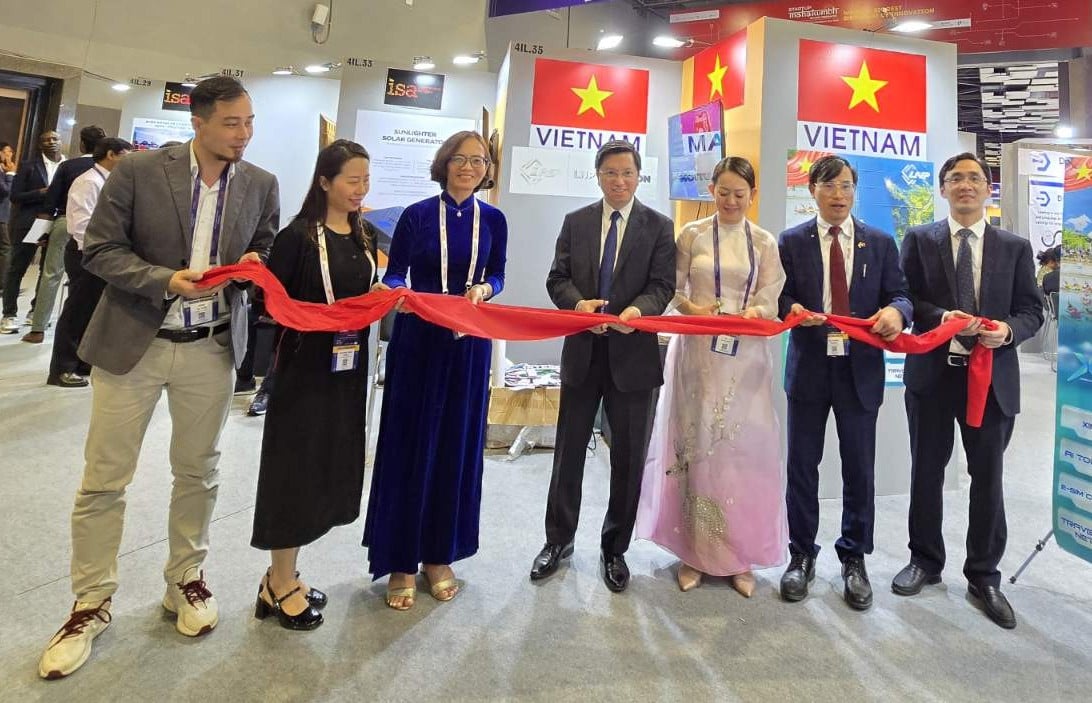
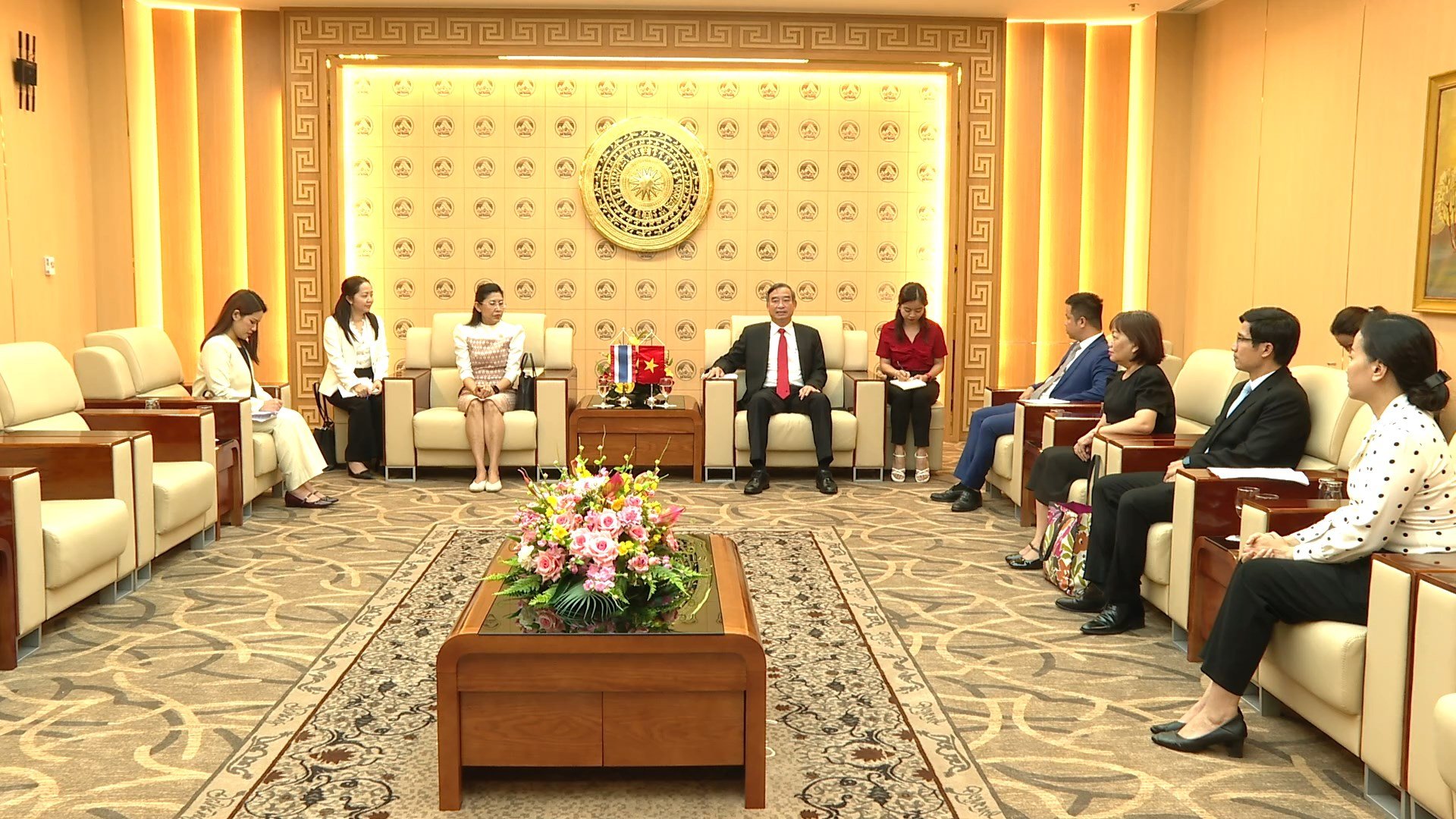

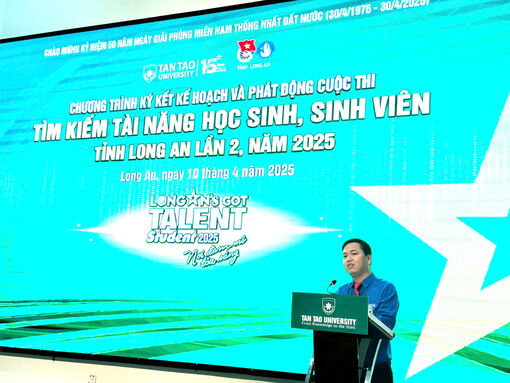
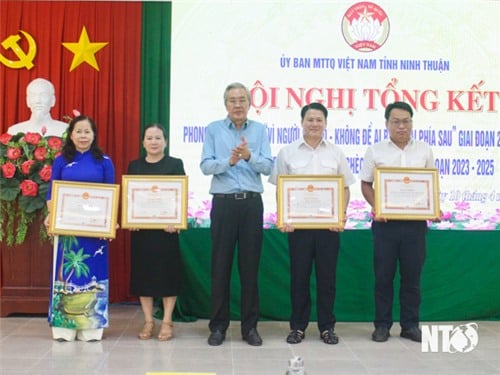
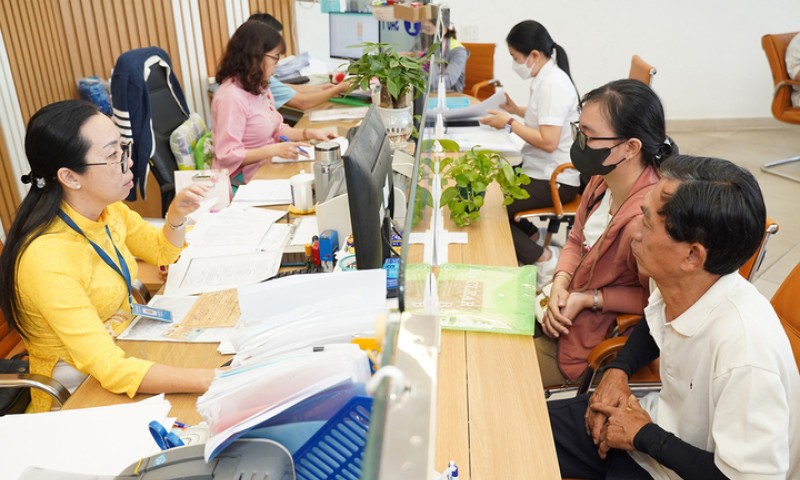










Comment (0)